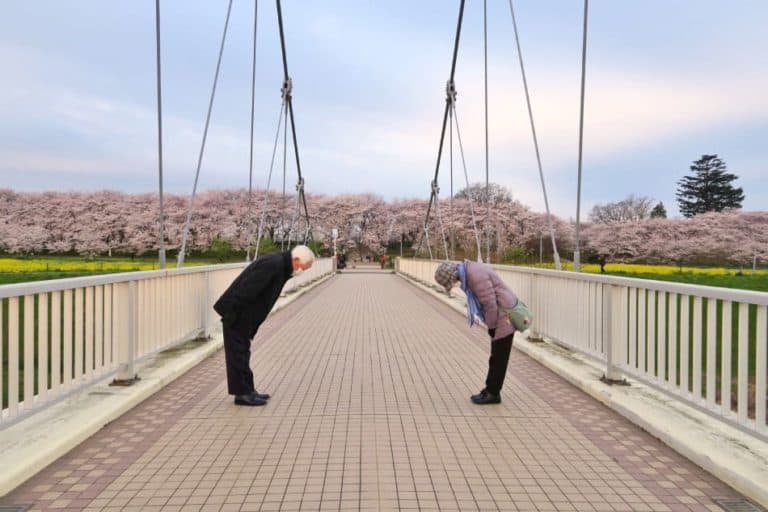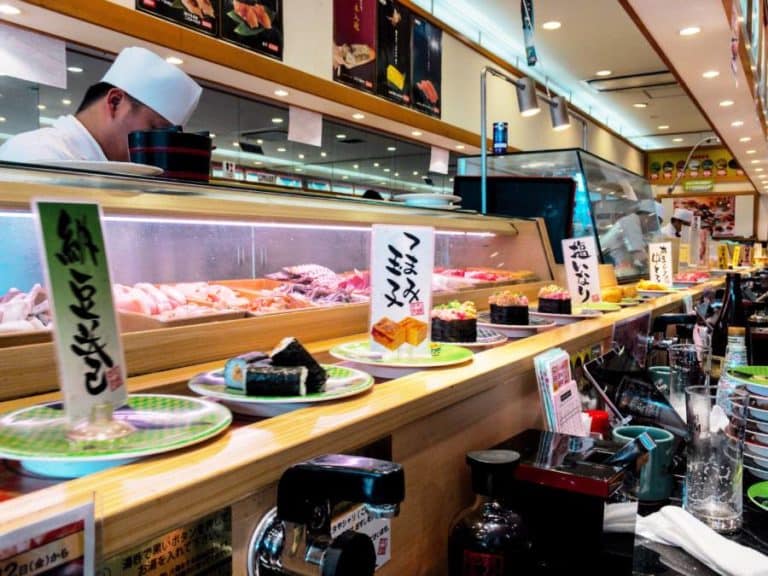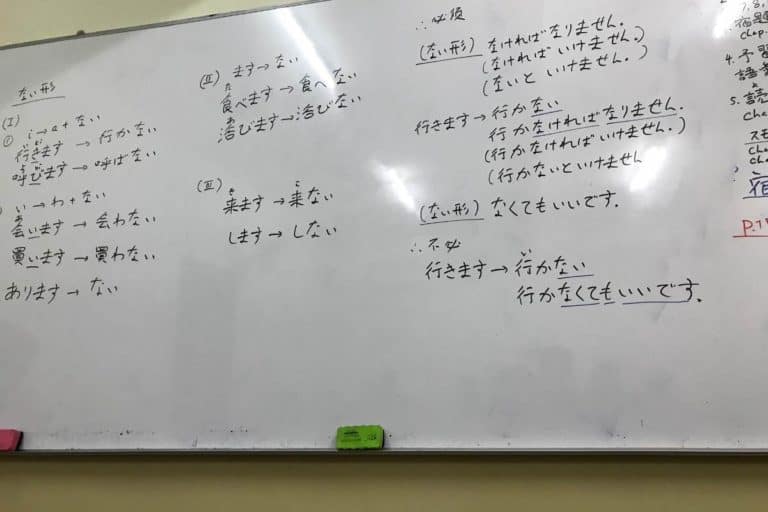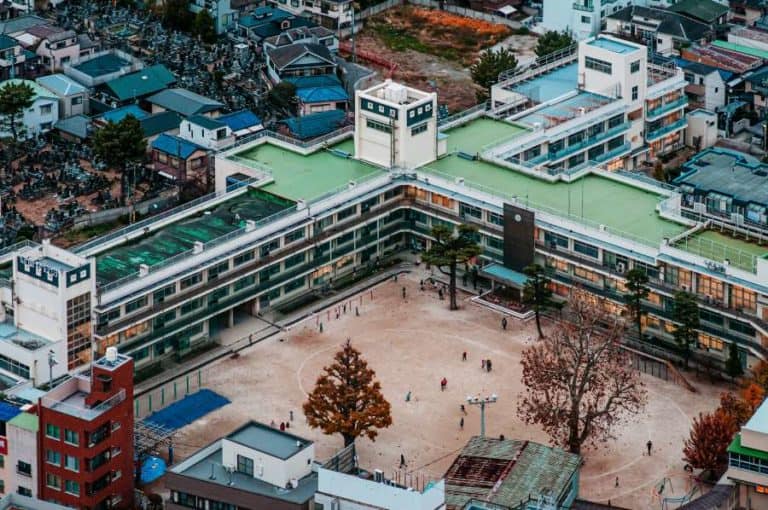How Much Money Do You Need To Retire In Japan?
Are you considering retiring in Japan but unsure how much money you need to live comfortably?
Japan is a popular destination for retirees due to its high quality of life, beautiful scenery, and unique culture. However, before you pack your bags and head to Japan, it’s essential to understand the financial requirements to retire in this country.
Several factors affect the expenses of retiring in Japan, including the cost of living, healthcare, and visa requirements.
This article will explore these factors in detail, provide financial planning strategies, and identify the best places to retire in Japan.
Overview
Due to lifestyle differences, retirement savings in Japan can’t be based on salary alone.
One needs to determine their annual/monthly expense to estimate retirement savings.
Considering US and Japanese tax reporting systems in retirement planning is essential. Retirement planning should factor in unexpected costs and potential tax liabilities.
Two main strategies for living off investments are living off dividends and interest without spending capital or spending some money and trusting portfolio growth.
Retirement expenses can include unexpected replacements of appliances, which should be factored into retirement planning.
When it comes to eligibility for retirement in Japan, one must be financially independent with enough income resources to support oneself and dependents. A valid health insurance policy is also necessary.
A retirement visa or program does not exist in Japan, and citizens of certain countries can enter Japan without a visa for a 90-day stay.
You must also have enough income resources to support yourself and your dependents, valid health insurance, and no criminal background.
The best places to retire in Japan include Osaka and Fukuoka.
Osaka is a traditional and modern city with excellent transportation systems, safe, relaxed atmosphere, and great Japanese food.
On the other hand, Fukuoka is a cheaper option, located on the northern shore of Kyushu Island, known for ancient temples, beaches, modern shopping malls, good food, shopping, culture, access to green spaces, and a relaxed pace of life.
Determining the precise amount of money required to retire in Japan can be a complex process, as it is influenced by factors like one’s preferred lifestyle, chosen location, and individual needs. Generally speaking, a monthly budget of approximately ¥250,000 to ¥300,000 (equivalent to $2,200 to $2,700) is recommended to cover essential living expenses such as housing, utilities, food, and healthcare. It’s important to remember that this figure is a rough guideline, and the amount needed may differ based on each person’s unique circumstances.
Retirement Visa in Japan
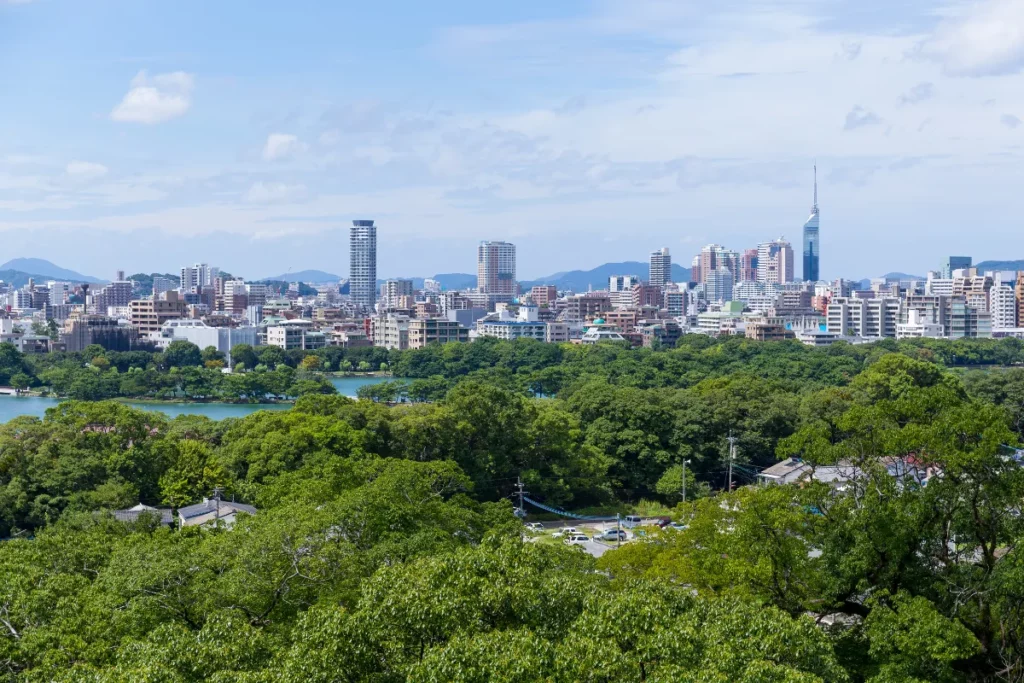
When considering a long-term stay in Japan, it is crucial to understand the various visa requirements and options available.
The most common visa for retirees is the Long-Term Resident visa, granted to those with a specific reason for staying in Japan, such as retirement.
To obtain this visa, applicants must demonstrate financial independence and the ability to support themselves and their dependents without relying on public assistance.
Another option is the Designated Activities visa, which can be issued for various purposes, including retirement.
It may require proof of sufficient funds and a detailed plan for your stay in Japan.
It is essential to research the specific requirements for each visa type, as they may vary depending on your situation and the location of the Japanese embassy or consulate where you apply.
Long-term residents must participate in Japan’s national health insurance program and be prepared to renew their visas periodically, as most visas have a set duration.
Navigating the visa process may seem daunting, but with proper preparation and understanding of the requirements, retiring in Japan can become a reality.
Factors Affecting Expenses
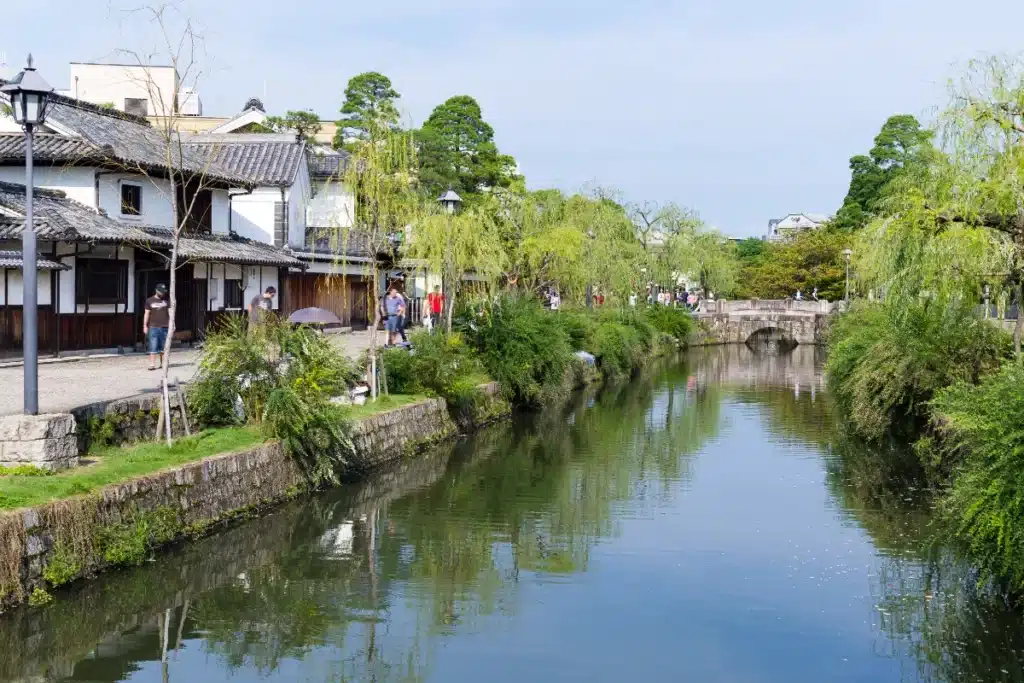
Due to lifestyle differences, retirement savings can’t be based on salary alone, so it’s essential to figure out your annual expenses to estimate retirement savings.
Investing is the easiest way to build up an investment portfolio to support yourself in retirement, and there are two main strategies for living off investments: living off dividends and interest without spending or spending some capital and trusting portfolio growth.
Calculating retirement finances involves adding income in retirement and investment income and subtracting basic living expenses, desired discretionary spending, and extraordinary expenses.
Having a budget and financial plan for retirement can reduce stress, but having savings can also provide flexibility.
Monthly expenses should be tracked, and retirement expenses should include unexpected replacements of appliances, as major appliances may have an 8-10 year life cycle that should be factored into retirement planning.
Cost of Living
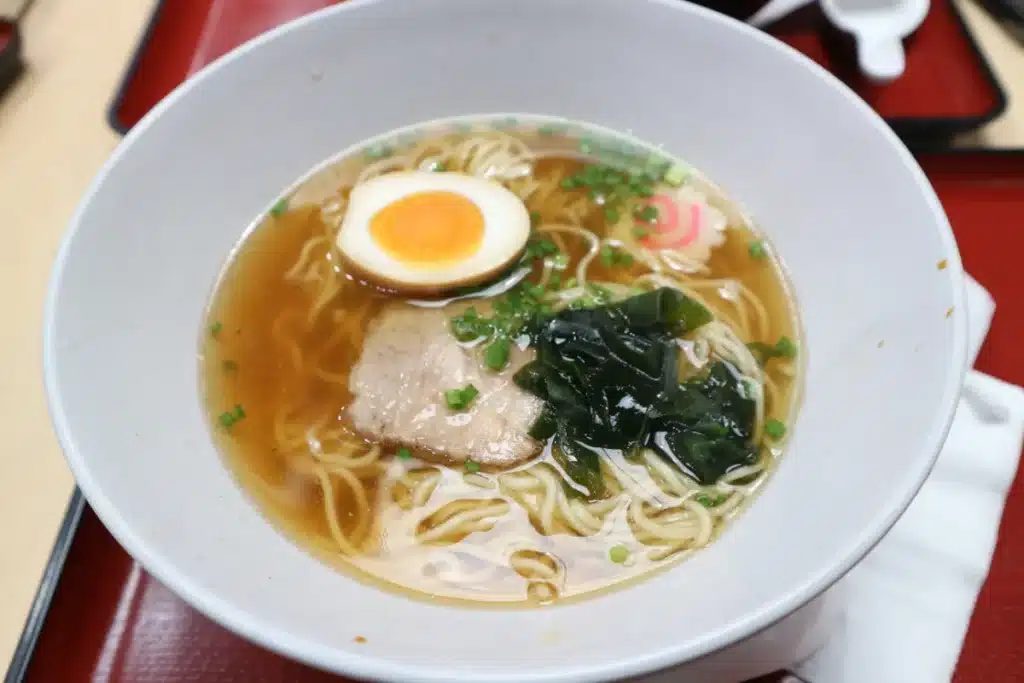
It’s essential to know that the cost of living can be pretty high, depending on your lifestyle and spending habits. Still, you can expect to spend around $1500-$2000 per month or $3200 monthly for a family of four (excluding rent), so it’s essential to plan accordingly.
This cost of living includes expenses for local cuisine, entertainment options, public transportation, and leisure activities.
Regarding the housing market, Japan offers affordable apartments. However, the cost of housing largely depends on the location and size of the apartment.
Japan offers a variety of leisure activities, such as hiking, skiing, and visiting historical sites, so it’s essential to factor in these expenses when budgeting for retirement.
While the cost of living in Japan can be high, with proper financial planning and budgeting, it can still be a great retirement destination.
Health Care and Insurance
Japan offers excellent healthcare services with a public healthcare system that covers medical check-ups, preventative care, blood transfusion, and injuries due to an accident. Patients only cover 30% of the cost.
Japan has eight health insurance systems, and medical services are available in public and private hospitals and clinics.
In addition to public healthcare, insurance options exist for those who want to supplement their coverage or opt for private healthcare.
Health check-ups are also encouraged and available for free or cheap.
In case of medical emergencies, Japan has a well-established emergency medical system.
Dental care is also available and covered under the national health insurance system.
Overall, Japan’s healthcare system is one of the best in the world, providing residents with affordable and quality medical care.
It’s important to note that monthly premiums for health insurance can be high for retirees in Japan, especially those not covered by the national health insurance system.
Private healthcare can also be expensive, and it’s recommended to have additional insurance to supplement coverage.
It’s crucial for retirees to consider their health and medical expenses when planning for retirement in Japan and to factor in the cost of healthcare in their budget.
Taxes and Pension
Retirees in Japan should be aware of the tax and pension systems, which can impact their finances in retirement.
For example, if a retiree receives a pension from their home country and lives in Japan, they may be subject to double taxation on their income.
There are tax planning strategies that can help mitigate this issue, such as taking advantage of tax treaties between Japan and other countries or utilizing tax-advantaged retirement accounts like NISA and Ideco.
Retirees must consult a financial advisor to determine the best investment options and tax planning strategies.
Determining Your Budget
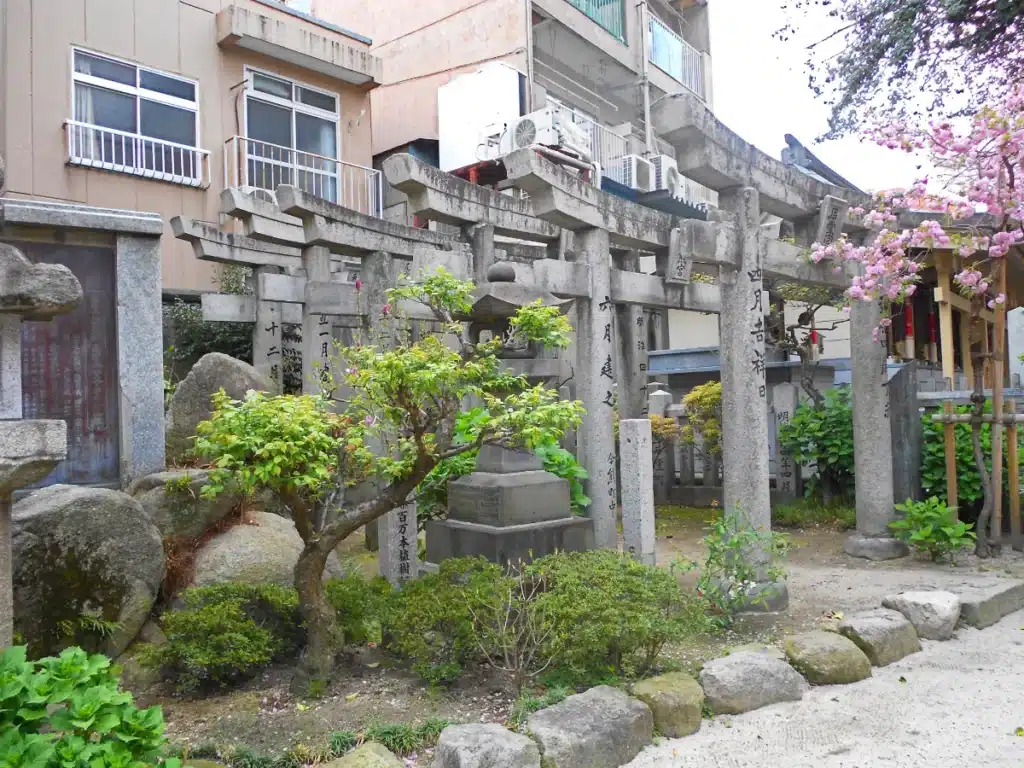
To accurately determine your budget for retirement in Japan, it’s imperative that you carefully consider your annual/monthly expenses and establish a solid financial plan.
Budget planning involves estimating your monthly expenses, including housing, food, transportation, healthcare, and other essential costs. Tracking your expenses is vital to ensure that you stay within your budget.
A retirement calculator can help you determine your monthly budget by adding income in retirement and investment income and subtracting basic living expenses, desired discretionary spending, and extraordinary expenses.
Expenses during retirement in Japan can include unexpected replacements of appliances, which should be factored into your retirement planning. Major appliances may have an 8-10 year life cycle, which should also be considered.
Having a budget and financial plan for retirement can reduce stress, but having savings can also provide flexibility.
Lifestyle Choices

When planning for your retirement lifestyle in Japan, it’s essential to consider your priorities and how they align with the available options. Your living arrangements can significantly impact your budget and quality of life.
- For example, living in a city center may be more expensive than living in a suburban or rural area.
- Your leisure activities, such as hobbies and cultural events, can add to your expenses.
- Your dietary preferences, such as a preference for organic or imported foods, can affect your budget.
Travel options and social connections are other factors to consider when determining your retirement lifestyle in Japan.
You may want to consider how much you will need to spend on leisure activities, socializing, and travel in Japan.
Japan has a rich cultural heritage and offers a variety of leisure options, such as traditional tea ceremonies, manga and anime events, and festivals.
If you enjoy traveling, Japan has many beautiful places, such as Mount Fuji, Kyoto, and the Japanese Alps.
Social connections are also crucial for a fulfilling retirement, and Japan has many opportunities for socializing, such as volunteer groups, senior centers, and ex-pat communities.
Essential Expenses
Housing is one of the most significant expenses you must budget for.
While Japan is generally affordable compared to other countries, housing costs can still be high, especially in cities like Tokyo or Osaka.
Depending on your location and size preferences. If you’re on a tight budget, consider living outside major cities or in a smaller apartment.
Another expense to consider is food.
Japanese cuisine is delicious, but it can be expensive if you’re not careful. Eating out regularly can quickly add up, so try to cook as much as possible at home. Grocery stores and markets are great places to find fresh, affordable ingredients.
Affordable Regions
One of the best options is Okinawa, which has a lower living cost than other Japanese cities. The island is known for its beautiful beaches, tropical climate, and unique culture.
Housing costs in Okinawa are also lower, with apartments available for as low as ¥¥60,000 per month. The island is also home to outdoor activities like snorkeling, diving, and hiking.
Local cuisine is also a must-try, with Okinawan dishes like goya champuru and soki soba.
Another option is Fukuoka, located on the northern shore of Kyushu Island. The city is known for its ancient temples, beaches, modern shopping malls, and good food.
The cost of living in Fukuoka is also more affordable than other major Japanese cities. Housing costs are lower, with apartments available for as little as ¥80,000 per month.
Fukuoka also offers various cultural experiences, such as the Hakata Gion Yamakasa Festival and the Fukuoka Asian Film Festival.
Outdoor activities like hiking and camping are also popular in the surrounding mountains. Local cuisine is also necessary, with Fukuoka dishes like tonkotsu ramen and mentaiko.
Transportation and Discounts
The public transportation system in Japan is efficient and extensive, making it easy to get around without a car. Many discount programs are available for seniors, such as the Silver Human Resources Center and the Silver Pass for public transportation.
The Silver Pass allows you to ride any train, bus, or subway within a designated area for a discounted rate.
Many cities offer seniors free or discounted travel options, such as local bus services or shuttle buses to popular tourist destinations. If you have mobility issues, senior-friendly transportation options are available, such as taxis with wheelchair ramps.
Conclusion
So, are you ready to take the plunge and retire in Japan? Its breathtaking landscapes, rich culture, and advanced healthcare services make it a tempting option for many retirees.
But before you start packing your bags, it’s essential to consider the financial implications of this move. Overall, the cost of living in Japan can be pretty high, but there are ways to manage expenses and make the most of your retirement income.
You can enjoy a comfortable and fulfilling retirement in Japan by choosing affordable regions, taking advantage of transportation and discounts, and embracing local culture.
So go ahead and explore this fascinating country – with some financial planning and adaptability, you can make your retirement dreams a reality. As they say in Japan, ‘Nana korobi ya oki’ – fall seven times, stand up eight – and embrace the adventure of retirement in Japan.


